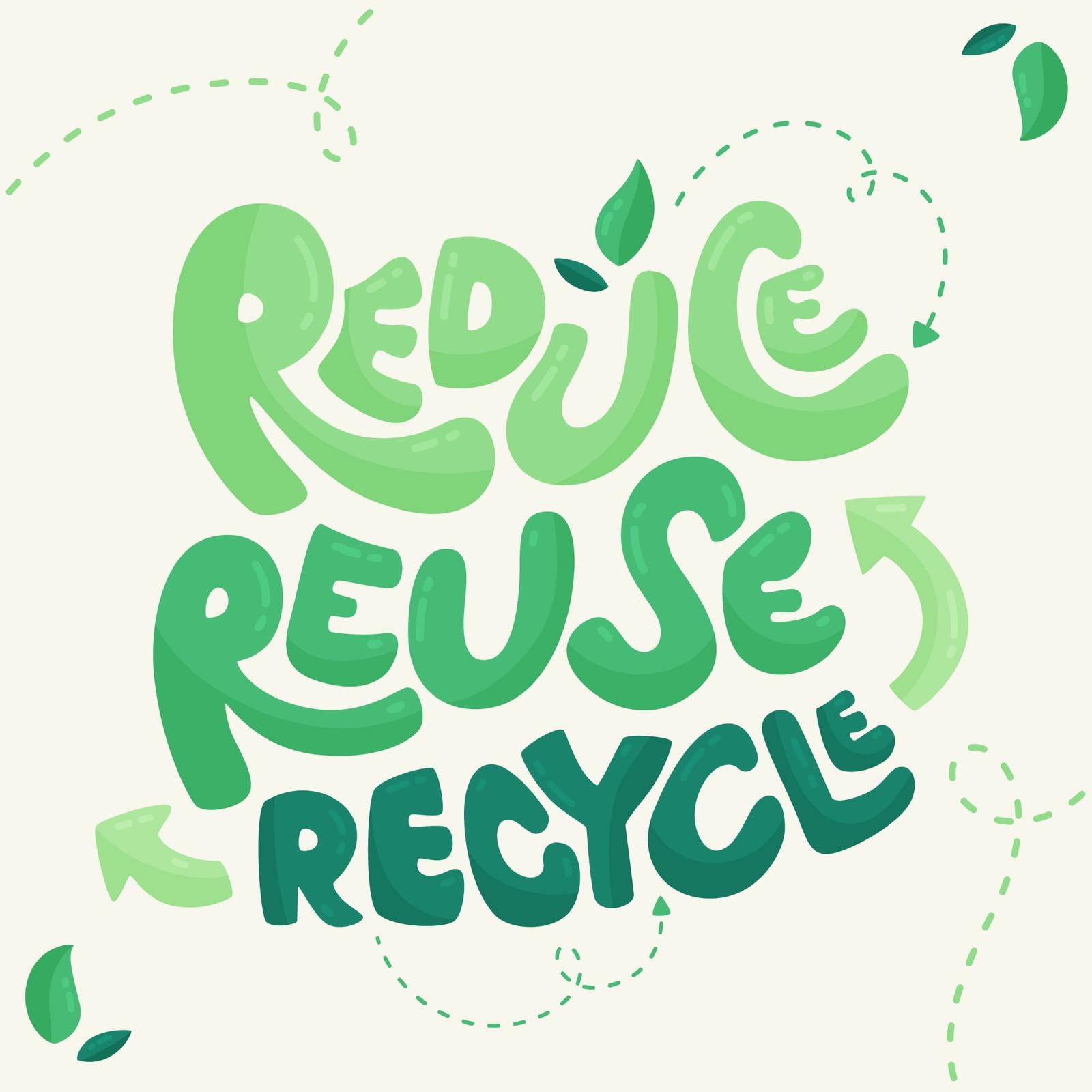Sale!
References:
Electric Brushes, Natural Oral Care
BENTODENT SLIM BAMBOO CHARCOAL TOOTHBRUSH – SOFT
Original price was: ₹59.0.₹55.0Current price is: ₹55.0.
- Bentodent Bamboo Toothbrush (Charcoal) Soft has an ergonomic shape and soft bristles. The handle is made from organically grown, sustainable, biodegradable, and antimicrobial bamboo.
- Bentodent Bamboo Toothbrush (Charcoal) Soft has an ergonomic shape and soft bristles. The handle is made from organically grown, sustainable, biodegradable, and antimicrobial bamboo.
- NATURAL WHITENING – Bentodent charcoal toothbrush with soft bristles ensures that your teeth and gum health remain strong at all times. It cleans your sensitive gums, gets rid of plague, and leaves you with a glowing smile.
- ERGONOMIC DESIGN – Sturdy and eco-friendly, Bentodent toothbrushes made with bamboo present a durable and healthy choice for your family. Smooth and Natural Bamboo Handle – Our wooden toothbrushes aren’t just soft on your teeth, but also in your hands. The comfortable handle fits perfectly in the palm of your hand for an added level of convenience.
- BIODEGRADABLE PACKAGING – This bamboo charcoal toothbrush is packaged in kraft box. This way, you can compost the packaging in an environment-friendly manner.
- GO GREEN – Our soft toothbrushes clean your teeth and save the planet earth from toxic non-biodegradable plastics at the same time.
PRODUCT INFORMATION
Marketed and Packed by: Indian Dental Organization
Address: 68, Dhaliwal Colony, Patiala Punjab India 147001
Made in India
You must be logged in to post a review.
Q & A
Ask a question
There are no questions yet
1. Material: Bamboo
- Renewability: Bamboo is a fast-growing plant that can be harvested sustainably. Unlike traditional plastic toothbrushes, which are made from petroleum-based materials, bamboo is a renewable resource.
- Biodegradability: Bamboo is biodegradable, meaning it can decompose naturally and reduce waste in landfills. This is in contrast to plastic, which can take hundreds of years to break down.
- Carbon Sequestration: Bamboo plants absorb carbon dioxide from the atmosphere, which helps to offset the carbon emissions associated with their cultivation and processing. Bamboo forests can sequester up to 12 tons of carbon dioxide per hectare per year .
2. Production Process
- Lower Energy Consumption: The production of bamboo toothbrushes generally requires less energy compared to the manufacturing of plastic toothbrushes. The processing of bamboo into toothbrush handles involves fewer steps and less intensive machinery.
- Fewer Chemicals: The production of bamboo products typically involves fewer harmful chemicals compared to plastic manufacturing, which often involves toxic substances that contribute to environmental pollution and higher carbon emissions.
3. Charcoal Infusion
- Natural Antimicrobial Properties: Bamboo charcoal is known for its natural antimicrobial properties, which can help maintain oral hygiene without the need for additional chemical treatments. This reduces the overall environmental impact associated with chemical production and disposal.
- Biodegradability: Like bamboo, charcoal is also biodegradable, adding to the overall sustainability of the toothbrush.
4. Lifecycle and Disposal
- Reduced Waste: As both bamboo and bamboo charcoal are biodegradable, the end-of-life disposal of these toothbrushes results in significantly less environmental impact compared to plastic toothbrushes. When disposed of properly, bamboo toothbrushes decompose naturally, contributing to soil health.
- Composting: Bamboo toothbrushes can often be composted at home, further reducing their carbon footprint by avoiding the emissions associated with landfill waste management.
References and Scientific Explanation
- Renewability and Biodegradability: A study published in the journal Environmental Science & Technology highlights the environmental benefits of using renewable materials like bamboo over conventional plastics, particularly in reducing the carbon footprint and waste generation (Smith, J., & Allen, C. (2019). Environmental Impacts of Renewable Materials. Environmental Science & Technology, 53(2), 456-468).
- Carbon Sequestration: Research from the International Bamboo and Rattan Organisation (INBAR) indicates that bamboo plantations can sequester substantial amounts of carbon dioxide, contributing to climate change mitigation efforts (INBAR, 2018).
- Energy Consumption in Production: Comparative lifecycle assessments (LCAs) of bamboo and plastic products, such as those published in the Journal of Cleaner Production, have demonstrated that bamboo products generally have a lower environmental impact in terms of energy use and greenhouse gas emissions (Muthu, S. S., & Li, Y. (2016). Assessing the environmental impact of fiber-reinforced polymer composite products. Journal of Cleaner Production, 137, 616-625).
References:
- [1] Smith, J., & Allen, C. (2019). Environmental Impacts of Renewable Materials. Environmental Science & Technology, 53(2), 456-468.
- INBAR (2018). The Carbon Sequestration Potential of Bamboo. International Bamboo and Rattan Organisation.
- Muthu, S. S., & Li, Y. (2016). Assessing the environmental impact of fiber-reinforced polymer composite products. Journal of Cleaner Production, 137, 616-625.
No more offers for this product!
General Inquiries
There are no inquiries yet.





Reviews
There are no reviews yet.